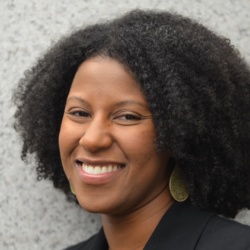Teaching
Teaching Philosophy

Chemistry should be made accessible and attractive to students at all levels. Actively engaging students in and out of the classroom and bringing current, real life applications to the material help students to tune in, master abstract and challenging concepts, and most importantly, realize the importance of chemistry in every day life and their potential to make contributions to science.
Courses Taught
Instrumental Analysis
A majority of chemical analyses today are performed using specially designed electronic instruments that are computer controlled. This course covers the fundamental and practical aspects of common analytical instruments and techniques including capabilities, limitations, and real-world applications. In addition, students develop oral, written, and collaborative skills that are critical for scientific communication in industrial, academic, and government careers.
Introduction to Mass Spectrometry
Mass spectrometry (MS) is a widely-used analytical technique that provides useful qualitative and quantitative information across several disciplines. This course covers fundamental processes governing ionization and detection of organic and biological molecules and the interpretation of mass spectra from these molecules. A survey of ionization techniques, mass analyzers, detectors, and data analysis platforms are presented as well as real-life applications of MS. This course is offered as an undergraduate course and graduate level core course.
Chemical Separations
In this course we address the fundamental aspects associated with various separation techniques, an overview of the instrumentation and specifics governing instrumental components, and applications of the various methods in different fields and industries. The most powerful and widely used separations techniques are chromatographic, thus solution chemistry is discussed to provide a chemical framework for chromatography. Other separation methods are also widely used such as electrophoretic separations both in the condensed phase and gas-phase (i.e. ion mobility spectrometry), solid-phase extraction, centrifugation, microfluidics, and mass spectrometry.